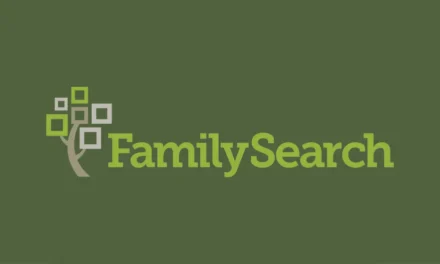The 2021 England and Wales population census marked the first time that respondents’ sexuality and gender identity were recorded in the survey’s 220-year history.
The data revealed that 3.2% of people identify as a sexual orientation other than straight, while 0.5% aged 15 or older identify as a gender different from their sex registered at birth. As a result, this amounts to around 262,000 people who identify as trans or non-binary.
The census has also concluded that Rochford, Essex, is the straightest town in England and Wales, while Brighton and Hove have the highest overall lesbian, gay, and bisexual population.
Previous sexuality data had been collected through an annual population survey conducted by the Office for National Statistics, but the census provides a more extensive summary. Nancy Kelley, chief executive of Stonewall, a U.K.-based charity, commented:
For the past two centuries of data-gathering through our national census, LGBTQ+ people have been invisible, with the stories of our communities, our diversity and our lives missing from the national record. [The figures] finally paint an accurate picture of the diverse ‘Rainbow Britain’ that we now live in, where more and more of us are proud to be who we are.
Nancy Kelley, chief executive of Stonewall, a U.K.-based charity
At 0.5%, England and Wales’ reported trans population is less than data collected by the multinational research firm Ipsos last summer, which found that 3.1% of people in the country identify as trans or a gender other than male or female.
Canada became the first country to count trans and non-binary residents in its census last year, with trans men, trans women, and non-binary people collectively making up 0.33% of the population. The United States Census Bureau may not be far behind. Currently, the Bureau does not include direct questions about gender identity or sexual orientation, but CBS News reported that the bureau is seeking funds to research how best to ask respondents personal questions regarding gender and sexuality.
Last year, Josie Caballero, the survey’s director and NCTE’s director of special projects told CNN:
This is the kind of data our community is desperate for, fighting against bigotry that trans people have to endure. This is a community-led survey by trans people, for trans people.
Josie Caballero, survey’s director and NCTE’s director of special projects
Queer and trans Americans are concerned by the lack of representation in their country’s statistics. This is due to census data serving as an essential resource that could potentially help address inequities within the LGBTQ2S+ community. In the United Kingdom, advocates say the new data is a positive stepping stone in combatting issues surrounding transphobia.




